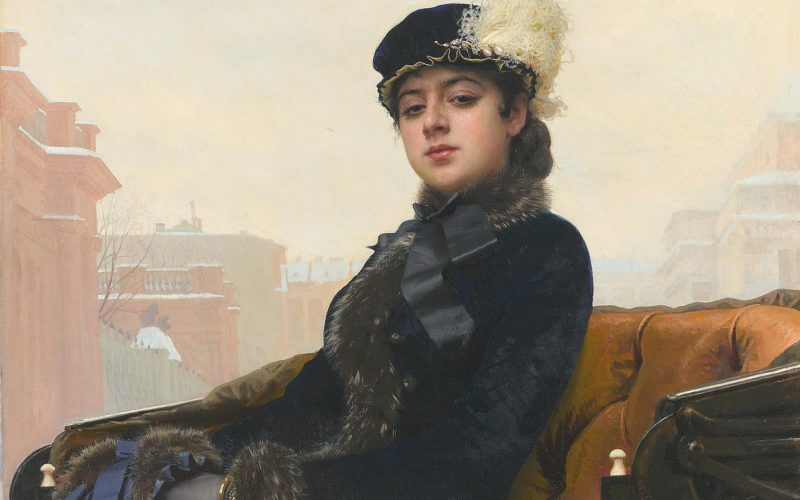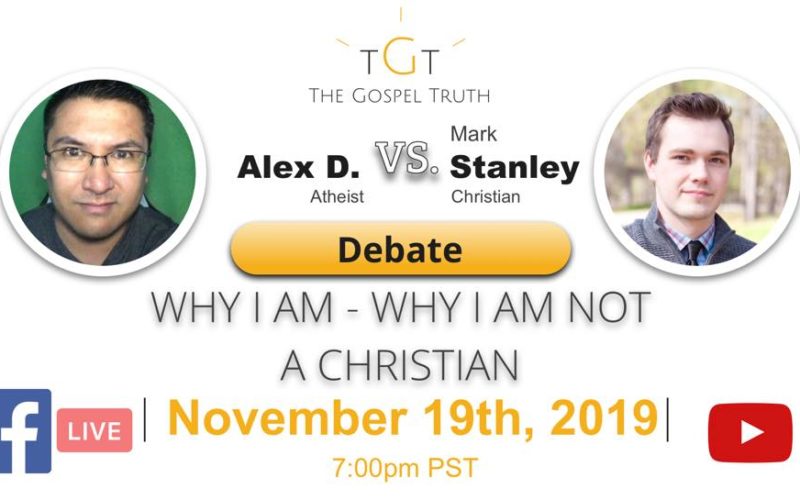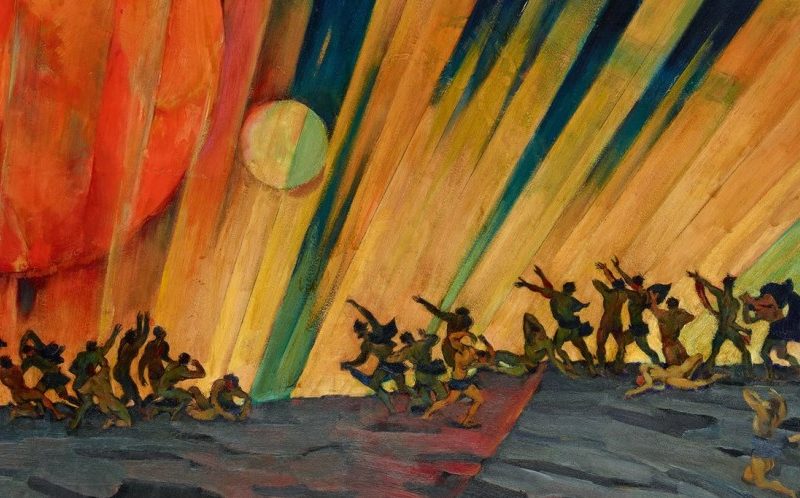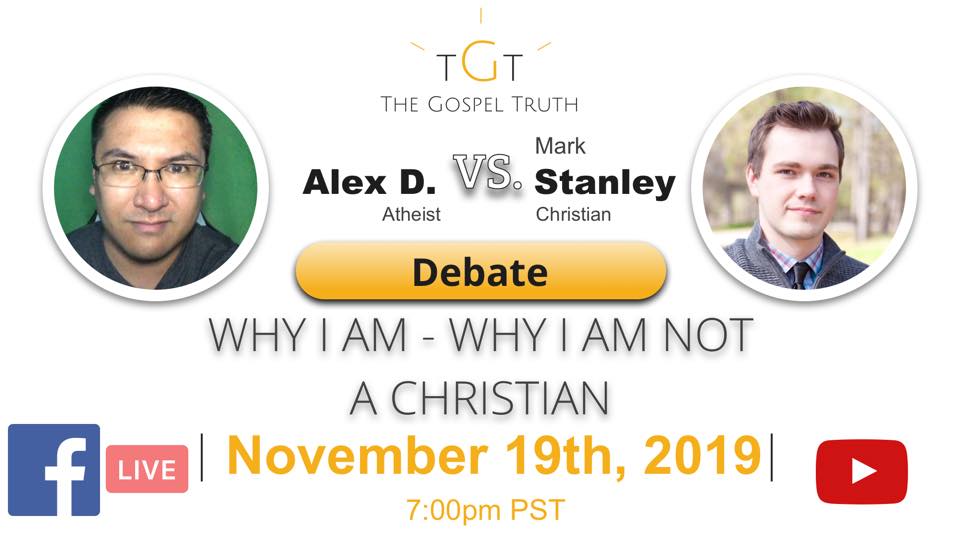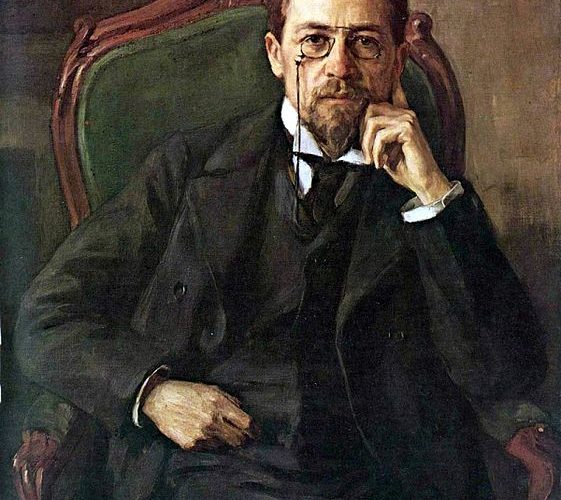Month: November 2019
“Why I Am / Why I Am Not a Christian” Mark Stanley vs Alex Delsfoist (11/19/19)
Debate between Mark Stanley and Alex Defoist on November 19th, 2019 on “Why I Am / Why I Am Not a Christian.”
Dostoyevsky’s Unique Critique of Utopianism (Notes From Underground)
Notes From Underground (1864) is a blistering assault on utopianism, socialism, and Marxism based on Dostoyevsky’s view of human nature. Even if a utopian society was attainable, says Dostoyevsky, we would not be satisfied by endless food, comfort and pleasure. If you satisfied every human desire, we would throw it all away just for something interesting to happen, just to give ourselves a challenge to overcome and prove that we are human beings and not lap dogs. According to Dostoyevsky, we would rather wallow in misery and self-pity than be handed everything on a silver-platter! It is our unique proclivity for destructive decisions that make us human, and we wouldn’t give that up for anything… even heaven on earth.
“All is Vanity!” Ecclesiastes & Chekhov’s The Bet
The prolific Russian author Anton Chekhov (1860–1904) explores the key themes of vanity and the meaninglessness of existence. A young lawyer finds himself in solitary confinement after accepting a bet, and has nothing but time to read every great book written by man. Yet in the end, he realizes that everything will be swallowed by death…

